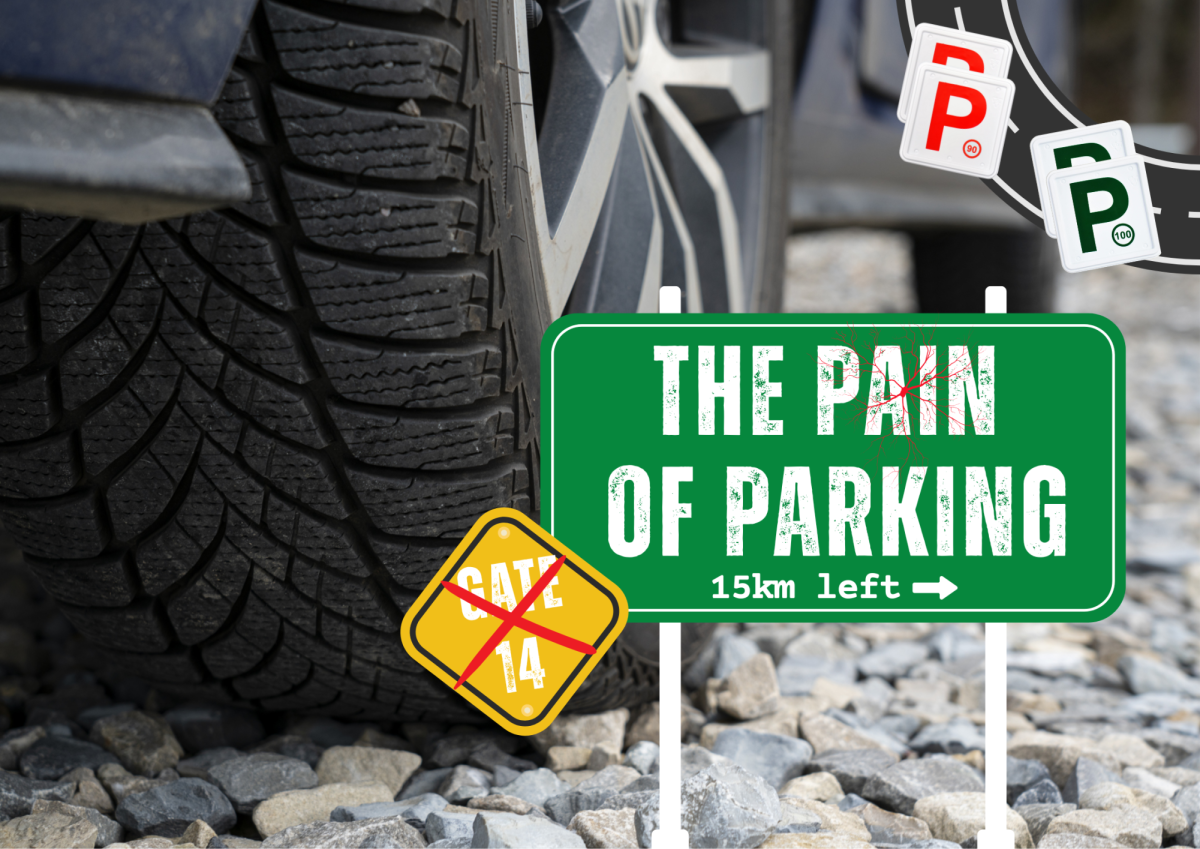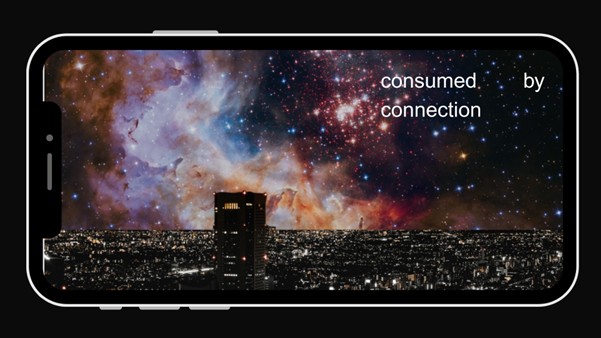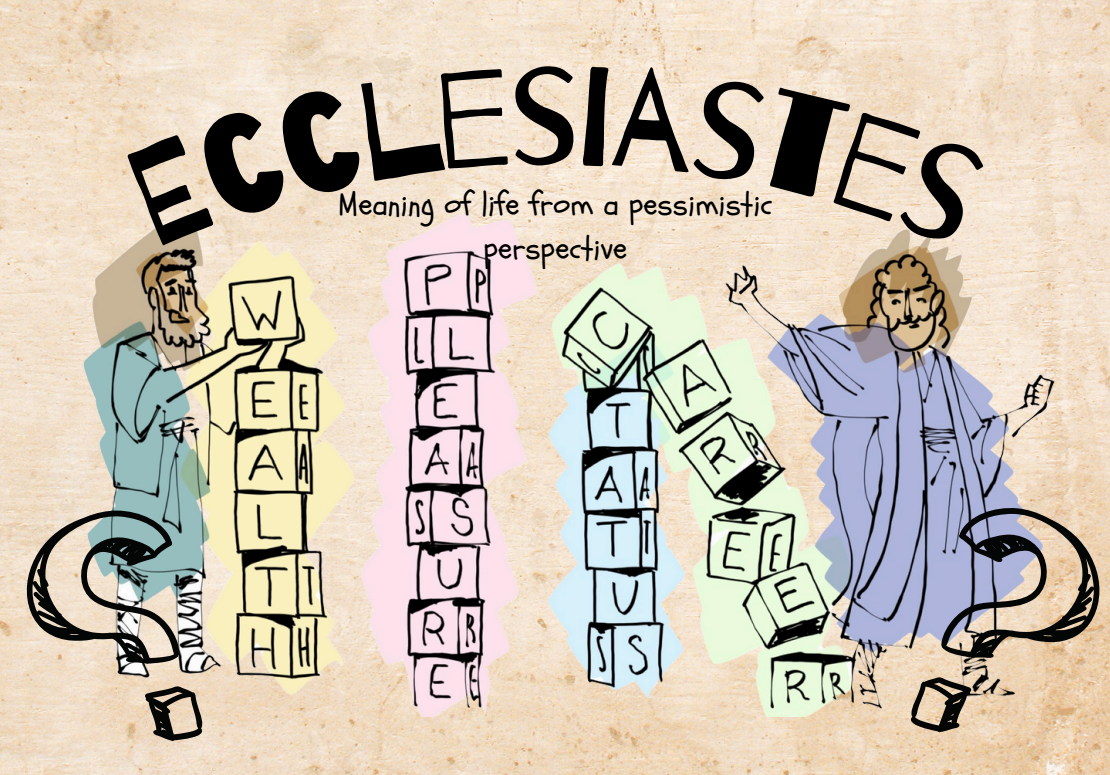30 more minutes until lunch! Only 6 weeks until the Holidays! 130 days until Christmas! We seem to live life transfixed on what’s coming next. And yet, there never seems to be enough time now. I don’t have any time to do my homework, or time to study, or time to clean my room. ‘What do you mean Sir wants me to do pre-readings, don’t you know how busy I am!?!’
When asked to write an article for WEARE my initial thought was almost exactly this “there’s no way I have any time for that!”
Our fixation on time makes some sense, after all, we are temporal beings – we live in fixed time and space. Yesterday is not the same as today, and tomorrow will be different too. And yet our obsession about time, about our future, is ironically taking so much of that precious time away from us.
Don’t believe me? I often hear things like this from my Year 11’s “I need to study Module 3, I need to revise my molar calculations, I’m going to have to revise chemical equations”. “So what”, I hear you say. This sounds like responsible planning. Yeah, but this is happening in class, i.e. the place where they should be focusing on actually learning these things!
Planning is important, “Those who fail to plan, plan to fail.” The problem lies when there is all plan and no follow through. This becomes imagining a future, daydreaming about the things we want, without doing the things we need to do to get it.
It is important to understand this mental trap about wants. We all want to be in peak physical fitness; we also want to eat ice-cream. These two ideas exist simultaneously in most people but are mutually exclusive, Usain Bolt wasn’t downing a litre of Ben and Jerry’s before breaking the 100m world record. We “want” both things, but you can’t have your (ice-cream) cake and eat it too.
I like to think of this as the difference is between oughts – what I should do, and wants/desires – what my will, here and now, is telling me to do.
- You want to be in peak physical fitness because that is something you ought to do – it is a non-controversial good, it is something to strive for in your future.
- You want to eat ice-cream because it tastes good. It is a simple pleasure, a desire, a feeling of self-gratification.
The difference between our oughts and desires is that the simple wants/desires are usually fulfilled here and now, in the present, but the oughts generally only manifest in the future. Here is where the mental trap is sprung. We think about studying, or exercise, or praying more, because it is something good, something we ought to do. We feel good, imagining the future where we have done these things. This fulfils our desires, and then we don’t do it! The feeling is achieved, and then we want something else.
You don’t live in the future, you never will. You live today, here and now. It is useful to envision the future you want, to plan how to get it, but then you have to actually do it. Now. Start the essay. Right now. Why are you waiting for 2 days before the deadline? What’s going to change until then, besides more stress and fear. You ought to do it, you know you should, so start now. You have a great study plan, awesome, good for you. What are you doing about it right now? You want to improve your grades? Get off Clash Royale and pay attention now. Do what you ought to do, don’t just follow your simple desires.
I’m not going to pretend for half a second that any of this is easy, people spend their entire lives trying to improve on this. To quote Saint Paul:
For I do not do the good I want to do, but the evil I do not want to do—this I keep on doing. Romans 7:19
Paul is one of the greatest saints of all time, a champion of the Church who was instrumental in bringing the Gospel to all the nations, and even he couldn’t do everything he ought to do, so don’t be too hard on yourself.
I wrote this article with several students in mind (it’s not you, relax) who have this perfect vision of what the future ought to be. This causes them to stress so much about how difficult it will be that they don’t really do what’s in their power to achieve it. Be kind to yourself, you aren’t going to achieve your exact dream future, and that’s okay. Those futures are an illusion, vague goals to strive towards. But if you start doing what you ought to do, and do it consistently, here and now will get better. Who knows, what the future holds might be pretty great too.
Now it’s entirely possible, probable even, that someone is scrolling through this article half reading it as a distraction from work, so let me summarise it below.
TL;DR: We always have enough time to do what we want. We never have enough time to do everything we ought to want. How we spend our time lets us know the difference.
There, saved you some time.











